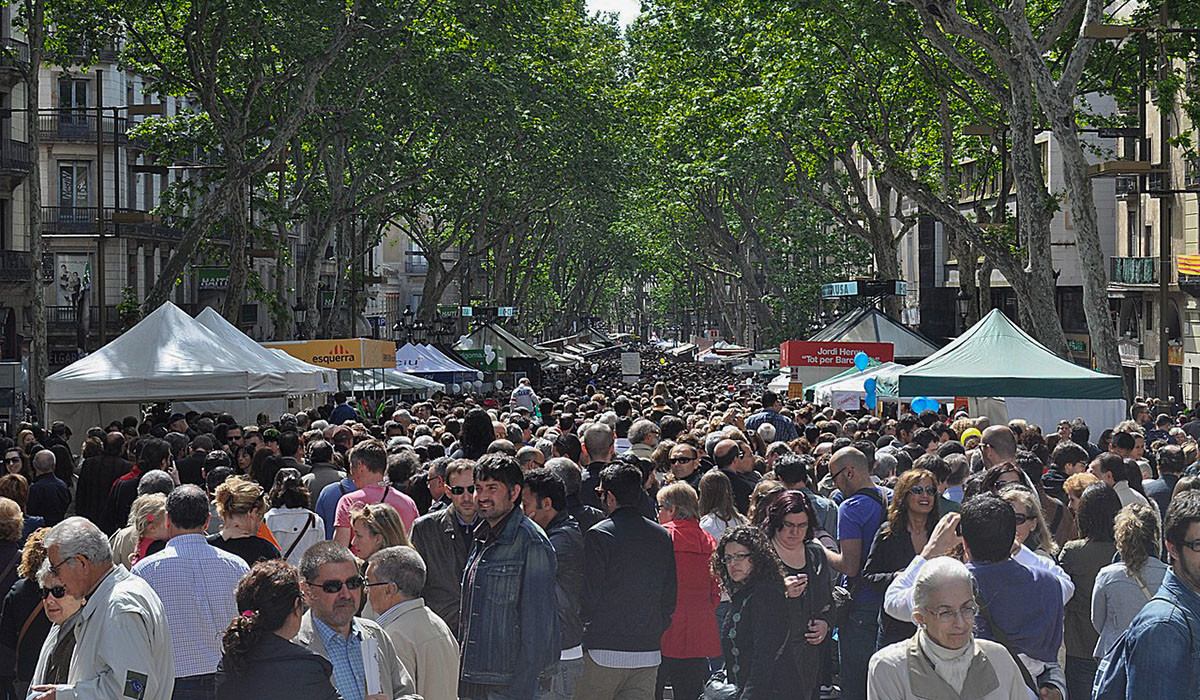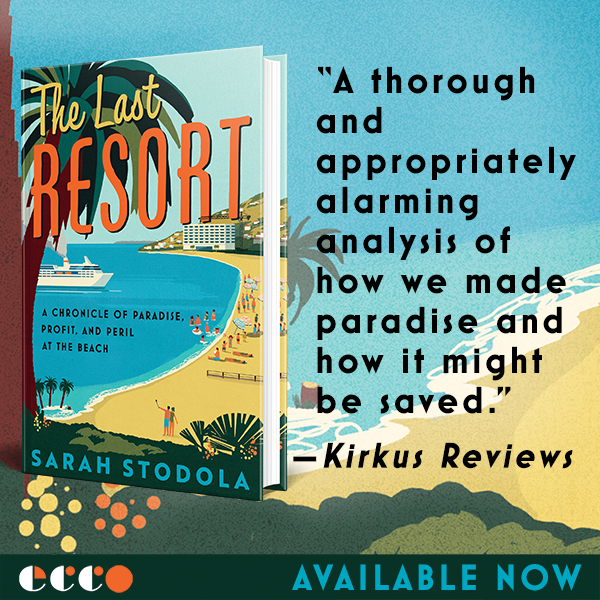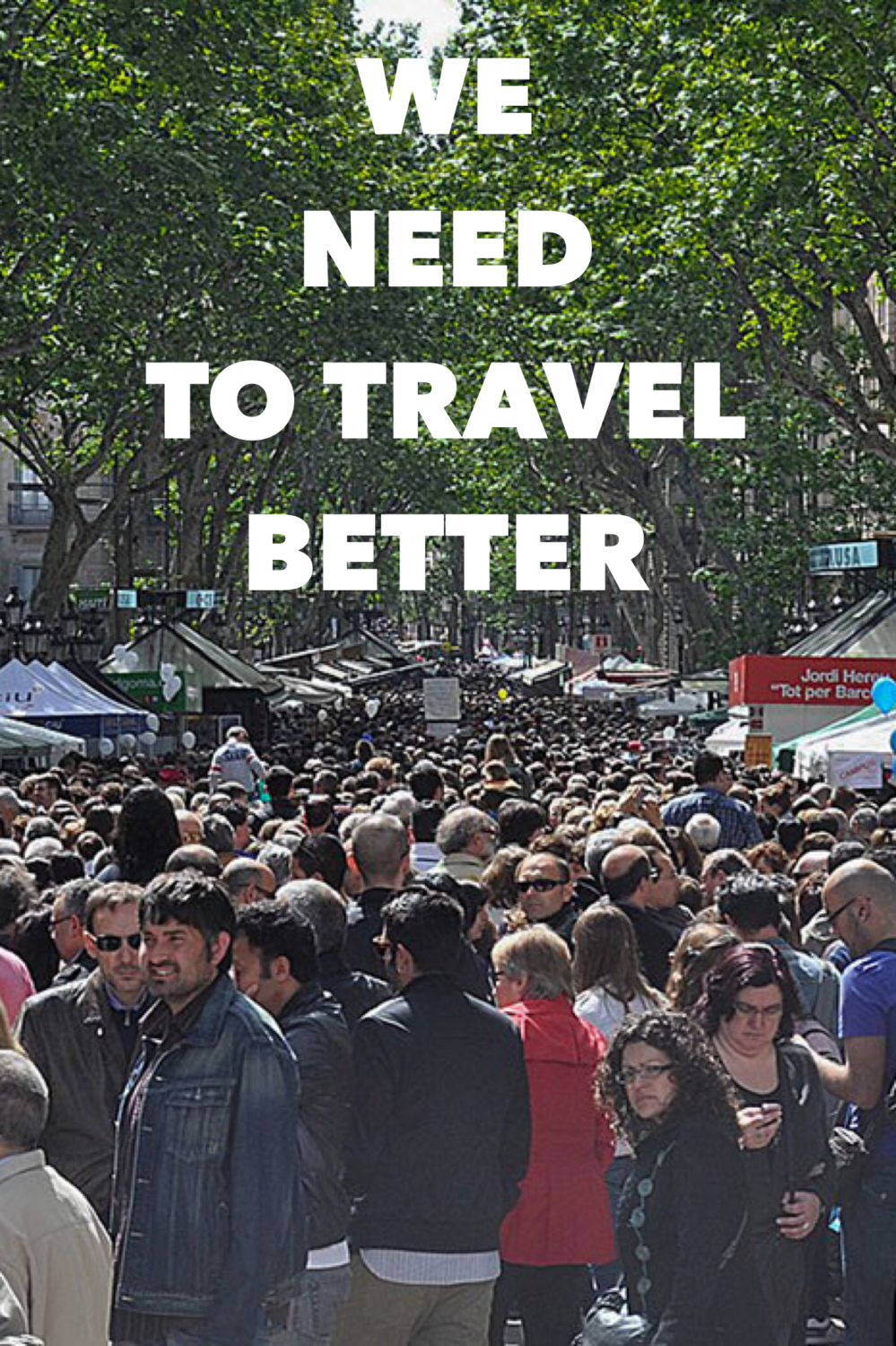Two Sundays ago, as Donald Trump’s advisers were convincing him to read a prepared statement condemning an act of Nazi terrorism that he would override a day later with history’s least dignified press conference, my boyfriend and I hosted a barbecue at which one guest was from Barcelona. We talked first about the charms of Barcelona, then about how overrun it’s become with tourists in recent years. While it was the stomping ground of his youth, these days he and his fellow locals seldom hang out in the city center along Las Ramblas, the iconic avenue that has served as a center of Barcelona life for centuries.
I was thinking about the weird timing of that conversation later in the week as a van careened down La Ramblas, its driver taking out as many pedestrians as possible. The location was chosen in large part because people from so many places converge there. The terrorists meant to hit an international crowd. They meant to take action discouraging the joyous commingling of diverse people. The New York Times tallied victims on Las Ramblas from 34 countries around the world.
The truly uncomfortable thing I keep grappling with is that the people of Barcelona would like to see fewer travelers in their town, too, although for completely different reasons. In January, 2,000 residents marched along Las Ramblas in protest of the rampant tourist industry, and the city passed a law, also in January, to limit the number of hotels and tourist apartments. Tourism has not only overrun the city center, it has run up housing costs for the 1.2 million people who actually live there.
As travelers, we have to deal with both sides of this coin. We best defy the objectives of terrorism by continuing to explore the world. But how do we do so while also honoring the locales we are drawn to?
Part of what’s best about the West is the freedom it has engendered, and the adventure it encourages. You can do anything, go anywhere, be anyone. That freedom of opportunity–and identity–has become the very thing that extremist terrorists look to target. They do so in Paris, and in the South of France, and in Barcelona, and in London, all places with a robust tourism industry that draws from a global population. With travel comes cosmopolitanism. With cosmopolitanism comes a loosening of rigid moral codes. It’s hard to meet people from all over and hold onto preconceived suspicions of those who are different in race or religion or language.
Terrorism, whether by Islamic extremists or American white nationalists, tends to be about tribalism, and about that tribe dominating to the exclusion of everyone else. If everyone outside the tribe is represented along Las Ramblas, then in their eyes the street makes an ideal target. Not only will they instill far-reaching fear, they will discourage travel and the benefits it can bestow on a globalized world.
At its best, travel makes us more tolerant and more empathetic. It makes us more well-rounded and more educated. At its worst, tourism disrespects and even overtakes the local culture that purportedly inspires it, as has happened in Barcelona.
On Friday, as is usual after a terrorist attack, the stocks of travel companies plummeted as fears rose that people would be opting out of their vacations because of safety concerns. Best to overcome those fears, yes. On the other hand, for many of us it’s hard to shed a tear for these companies, especially the airlines. On a societal and environmental level, I remain skeptical that the discount airlines in Europe that have in part spurred the tourism boom there–Ryanair and Easy Jet among them–are good for either travelers or the world. It’s quite possible that jetting off to Nice from London should cost more than, say, the $44 round-trip for a ticket this September. I remain skeptical that the 16 million annual day trippers to Barcelona are really getting much out of their few hours off the cruise ship.
As a person who writes almost exclusively about subjects related to travel, I find myself perpetually in the frustrating position of wanting to both celebrate places and encourage restraint in visiting them. That conflict only increased over the past week. My only possible conclusion is that we need to forge ahead with travel, but we need to get a lot better at how we go about it. The global community of travelers needs to become more thoughtful in its choices, to slow down, connect on a local level, buy real souvenirs instead of trinkets, take a true interest in local cultures, maybe head out in the world less often but more in depth. Make sure we learn something worthy of the travel when we do it.
Las Ramblas encapsulates the uneasy reality that both terrorists and the tourists they have targeted have affected many tourist hot spots for the worse. Just like humans, travel is capable of both good and bad. If we stop traveling, of course, the terrorists win. If we travel better instead, everybody does.
Photo credit JT Curses via Wikimedia Commons.







